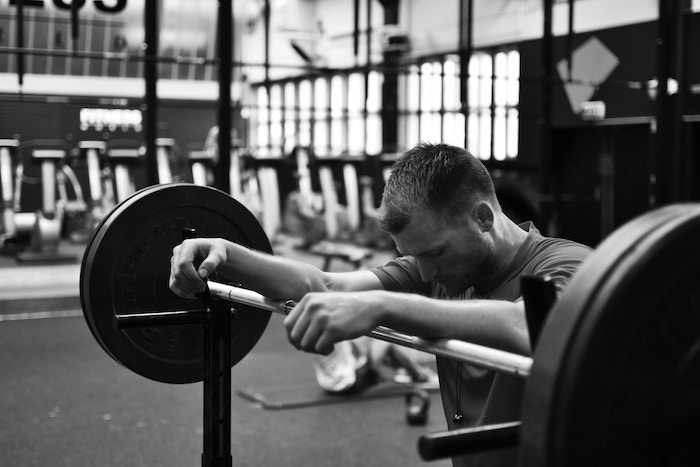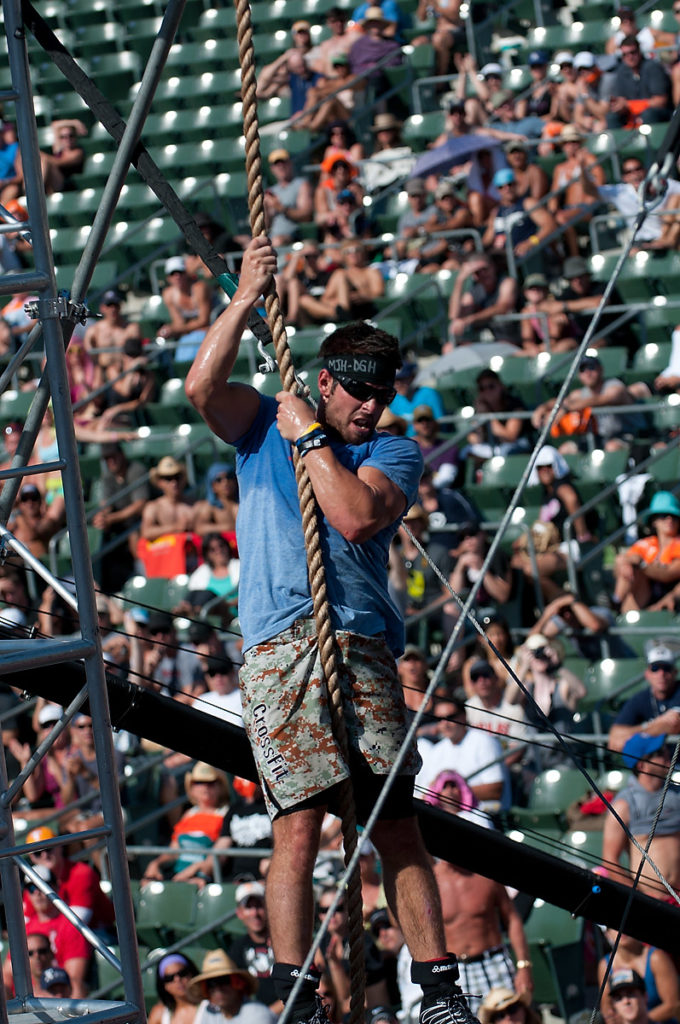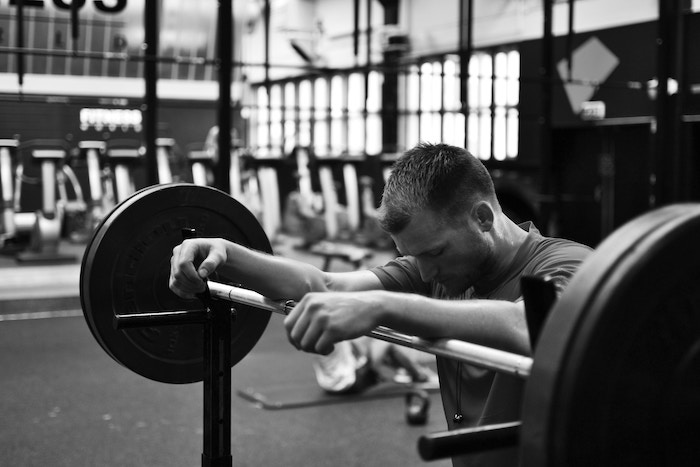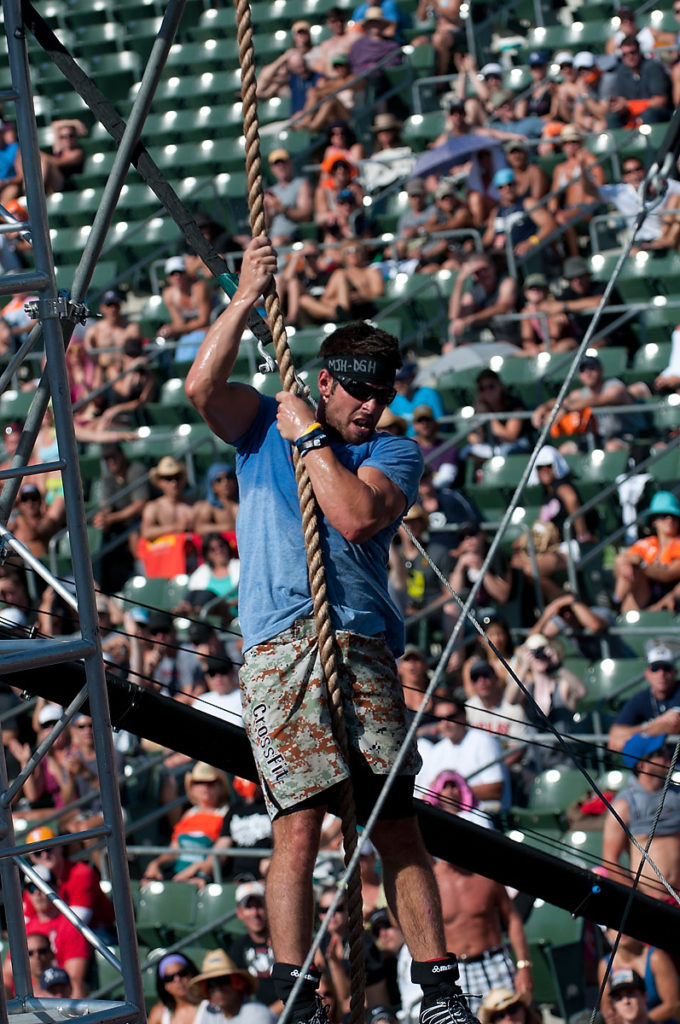How to improve your mental game
4 tips to build the mindset of a champion
In my experience in sports, I’ve seen this happen too many times. Athletes that have great potential. Potential they’re able to show in training, in friendly matches, ergo, low-pressure settings. However, when it’s time to perform under the bright lights…that potential is nowhere to be found.
For too long, people have resorted to changing training methodology, coaches and what-have-you to no avail. So, this post is intended to show these athletes and their coaches that what needs to change is their mental game.
I won’t be using those lame motivational quotes that are thrown around all over the place, no. I’ll be turning those into facts you can actually work on and improve. Because how the hell do I even know if I’m being mentally tough? So here are a few tips for you to practice on – the same way you would with your snatch – and stop crumbling under pressure.
1. Leave no room for doubt
What I mean by this simple yet appallingly accurate statement is that you need to free your mind of useless information. The so-coveted “laserlike focus” is nothing more than concentrating solely on the task at hand. Not even the competition at a larger scale. What movement should be performed? Who do I need to stay in front of? Automatic negative thoughts such as “What if I miss the catch on the jerk?” What if I burn out too quick?” will never come in handy. NEVER.
Think of what you can do, what you can control. Make sure your inner monologue is useful for what you need to be doing. Paradoxically, thinking about not being nervous, will make you more nervous.
2. Believe in yourself
Possibly one of the corniest sentences ever built in our language, but it’s the most important. You can work as hard as you want. Train more than anyone ever. Because, guess what? I KNOW there are athletes that train more than you. To the point where they’re burnt the fuck out. And they’ll never win the Games.
At that level, all athletes have the physical capability to win the Games. It can only come down to personal differences, the ones that are dictated by the mind. You need to become 100% sure that you’re more capable of overcoming obstacles than any other. You need to know, deep down, that you are the home-run hitter. If there’s an event that has your name on it, you have to go for the win. You’ll have plenty of events to be conservative, identify potential situations for you to shine and go for broke.
Performance follows confidence, and not the other way around. You have success stories in your past; use them to boost the self-esteem. You’d be surprised how motivation peaks when it’s headed toward a powerful goal. That’s the magic of competition. You’re so focused on winning or beating whoever’s in front of you that you forget about the pain. Use your own self-worth as a motivation booster and run away with it!
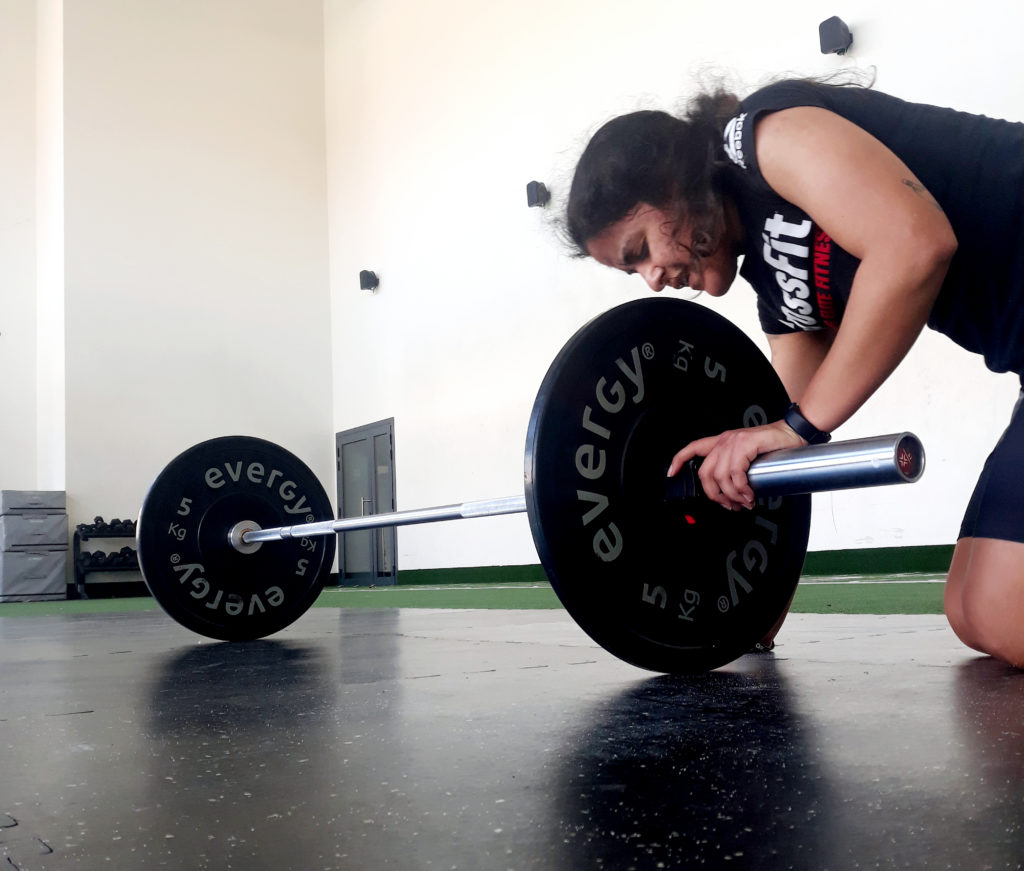
3. Actively set yourself up for failure
Don’t do this in competition, duh. But do it in training. A lot. You need to find the things you suck at and do that most of the time. Not only to earn explicit knowledge that will improve your performance and movement, but also to learn how to cope with failure. It’s the hardest thing you’ll ever do. 20 unbroken ring muscle-ups and running a 5k in under 20 mins is a piece of cake in comparison.
Mat Fraser learned how to sprint, training with high-school track athletes. He got his ass beat. Repeatedly. What happened in the Games? He smashed the Suicide Sprint. Before that, he had been ridiculed in 2015 in both sprints. And went on to be ridiculed even more by 14 year-olds. People that stay in their comfort zone and do more of what they’re great at instead of improving their faults, will never be good enough. Not just physically. But mentally as well.
4. Find the coping method that works best for you
Over the duration of a competition, you will undoubtedly be faced with curveballs. It’s happened since the dawn of time. Given the unpredictable nature of the Games, you might crash and burn in an event and need to find the optimal mental state right away to perform at the next one. You need to be efficient when mentally transitioning from one event to the next.
Some people need humor. Others need social support. Maybe you need to be alone for a while, wallowing in self-pity. Whatever strategy it may be, get it done and do it fast. Because if you throw that crap under a rug and expect it to disappear, have I got news for you… You’ll inadvertently be weighing yourself down with the weight of past mistakes and things you could have done differently. Those people that say “I just didn’t feel like myself”, “Something was off but I didn’t know what it was”? Clear symptom of inefficient coping. If you suffer any kind of setback. Deal with it emotional and rationally as soon as possible to continue on. The competition won’t stop for anybody.


